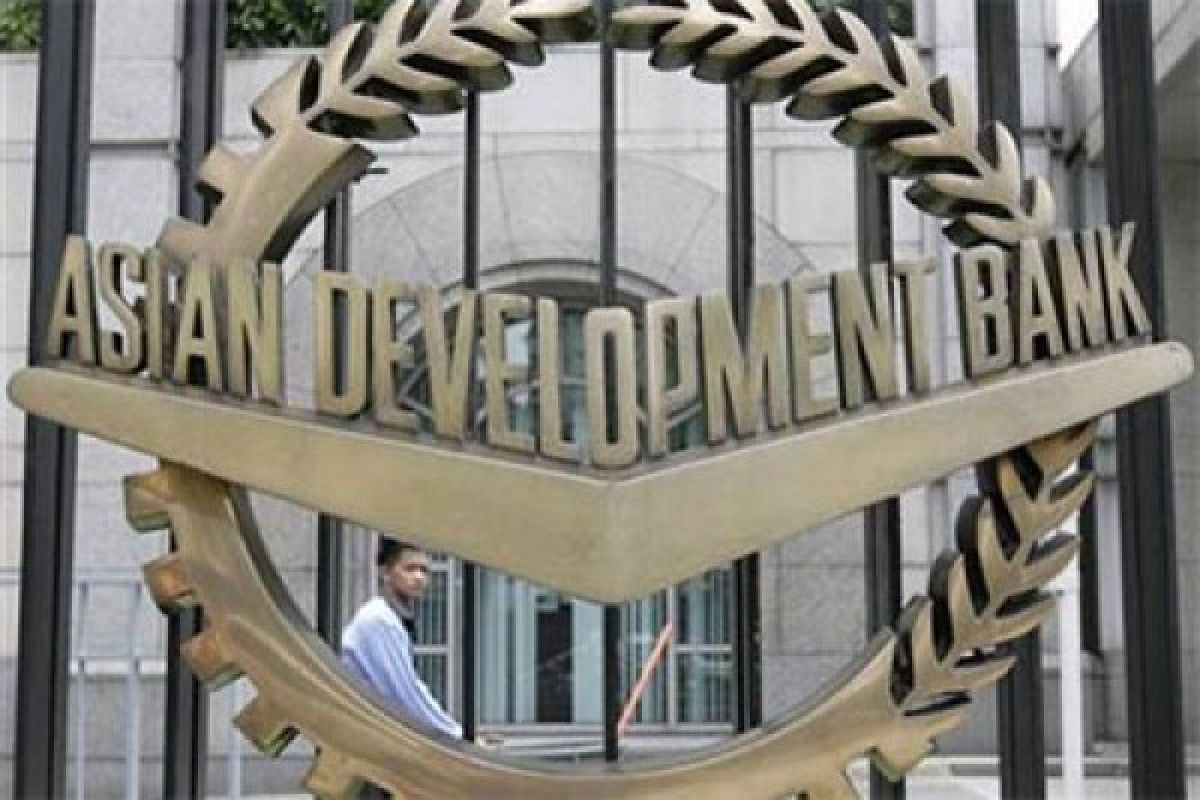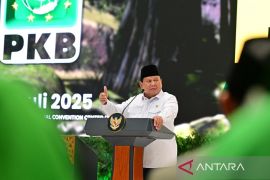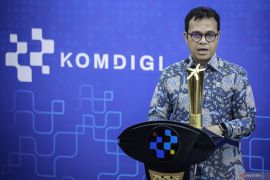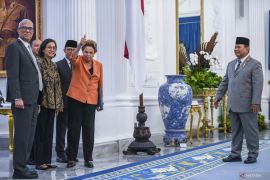"Indonesia`s economy remains strong despite global uncertainty, with growth expected to be experienced this year," Winfried Wicklein, ADB`s representative for Indonesia, said.Jakarta (ANTARA News) - The Asian Development Bank (ADB) has projected that Indonesias economic growth will continue to strengthen and be resilient to global uncertainties in 2017 and 2018.
"Indonesias economy remains strong despite global uncertainty, with growth expected to be experienced this year," Winfried Wicklein, ADBs representative for Indonesia, noted in Jakarta on Tuesday.
Wicklein explained that Indonesias economic growth projection in 2017 and 2018 is supported by the development of public infrastructure and improvement in the investment climate in the private sector.
"With higher allocations for public infrastructure development and a better private investment climate, economic expansion is likely to continue into next year," he noted.
In the latest Asian Development Outlook 2017 economic publication, ADB has estimated that Indonesias economy will grow by 5.1 percent in 2017 and 5.3 percent in 2018.
In addition to investment, this continued growth momentum is supported by improved export performance since the first half of 2017.
This latest publication also projects that government spending can support economic growth in the second half of 2017.
Meanwhile, private investment increased slowly during this period, as the positive impact of policy reforms on improving the business climate began to be felt.
In addition, the decision by Standard & Poors rating agency to raise Indonesias rating to investment grade has helped to accelerate capital inflows, including private investment.
Credit growth is projected to improve gradually following the cuts in Bank Indonesias reference rates and other policies that provide flexibility to banks to manage liquidity.
Fiscal policy will also support growth through budget reallocations capable of providing larger spending ceilings for public infrastructure, health, and education.
Although the government has reduced energy subsidies that led to an increase in the basic electricity tariffs, household consumption is expected to remain strong.
Consumer confidence is supported by the stability in the rupiah exchange rate and the projection of a more controlled inflation rate of four percent in 2017 and 3.7 percent in 2018.
This downward trend in inflation is due to the governments efforts to maintain food prices through better logistics management and food distribution centers in the regions.
However, this publication said Indonesias trade prospects are experiencing uncertainty due to uneven levels of recovery and growth of Indonesian trading partners coupled with the weakening commodity prices.
The report maintains a current account deficit forecast of 1.7 percent of the gross domestic product (GDP) in 2017 and rising to two percent of the GDP in 2018, as imports rise in line with the increase in large-scale investment projects.
Moreover, capital inflows are expected to be more than adequate to finance the current account deficit, thereby supporting the addition of foreign exchange reserves.
Wicklein added that the risk to this projection depends on developments in the governments efforts to mobilize tax revenues, fluctuations in global commodity prices, and policy uncertainties in developed countries.
"The risks indicate that Indonesia needs to maintain a flexible exchange rate, trade and open capital flows, and continue the implementation of structural reforms to further strengthen its economy," he explained.(*)
Editor: Heru Purwanto
Copyright © ANTARA 2017












